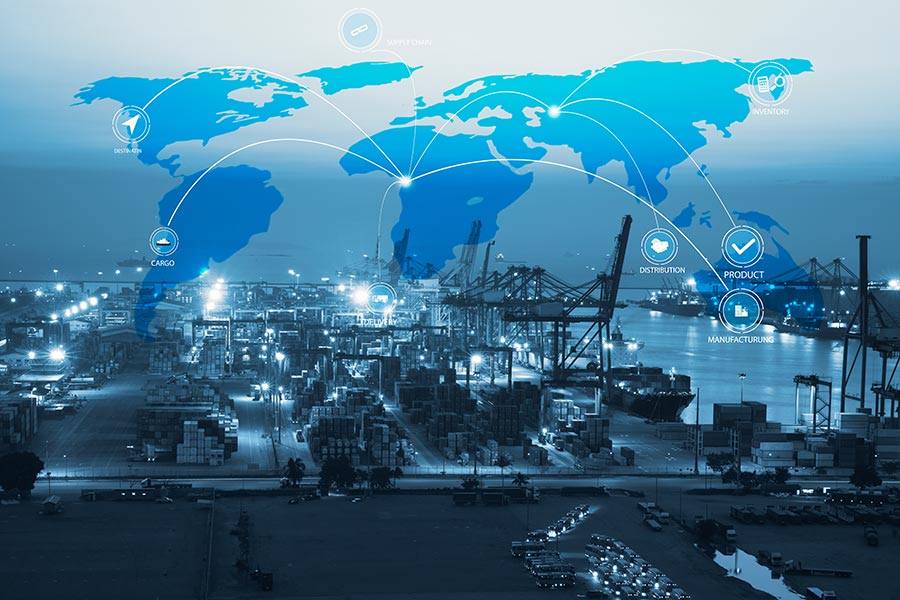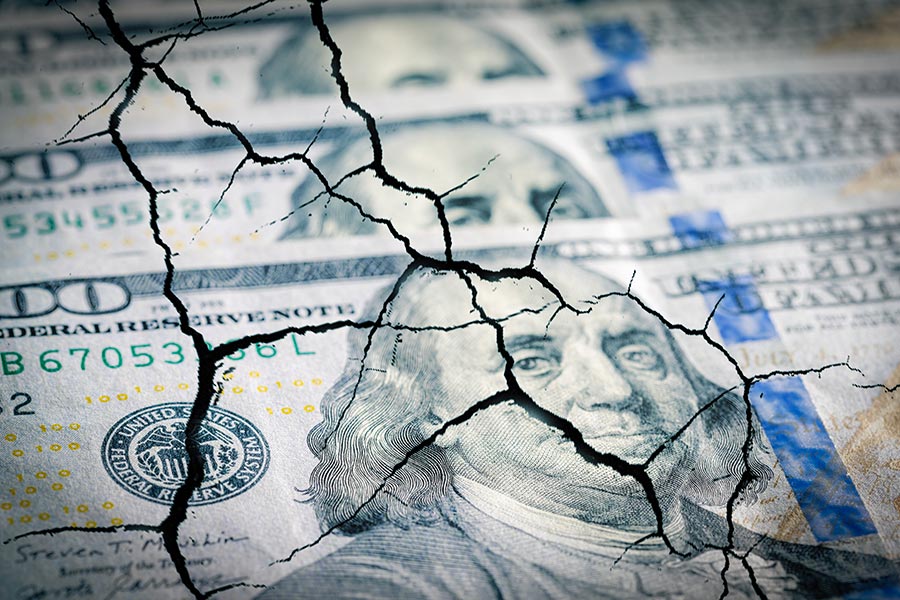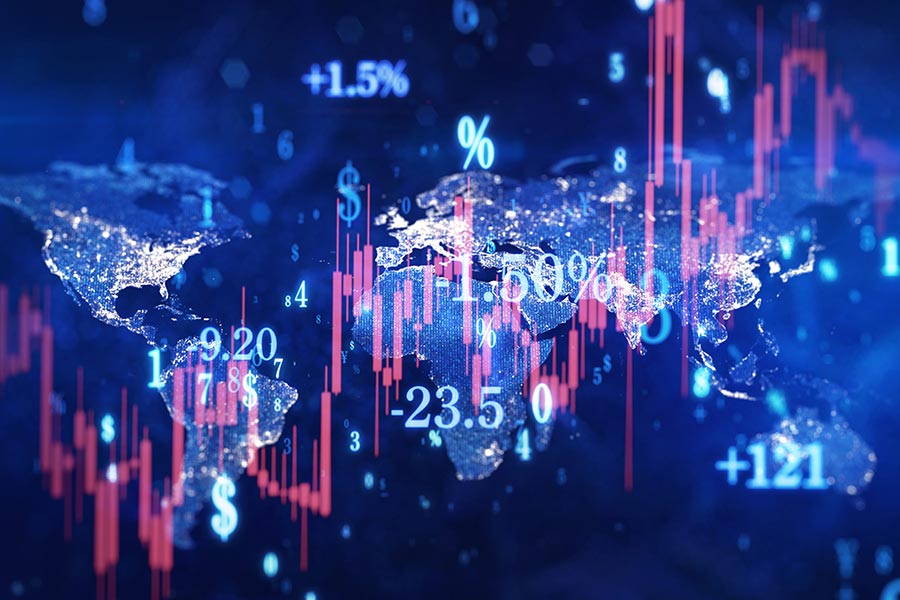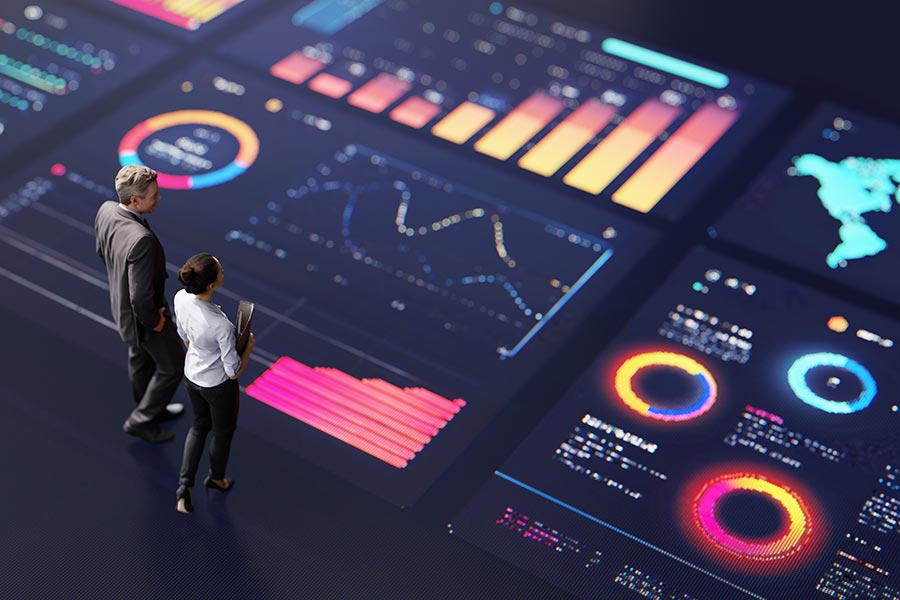The global operating environment for business has entered a period of deep, structural change, writes Jackie King.
Polarisation—once a political concern—is now a daily operational reality.
Whether engaging consumers, employees, governments or investors, business leaders are navigating a world where familiar signals are increasingly unreliable, and missteps carry lasting reputational, financial, and strategic consequences.
This edition of Global Compass explores how businesses can lead through growing ideological and cultural divides—not by avoiding complexity, but by adapting to it.
From regulatory recalibration in Europe, ideological backlash in the United States, political flux across Latin America, and strategic recalibrations in China and Southeast Asia, the landscape is dynamic.
Business resilience will belong to those who understand the new contours of influence and risk—and who can act with clarity, conviction, and agility.
Polarised Societies, Real Business Risks
Social division has become a defining force—not just in democracies, but globally.
The World Economic Forum’s Global Risks Report 2025 ranks societal polarisation among the top five long-term risks to global stability. For business, this is not an externality—it is core to the terrain in which they must operate.
Where once values-based messaging differentiated brands, today it can trigger backlash.
In the US, DEI (Diversity, Equity, and Inclusion) initiatives face ideological scrutiny.
Several major companies have retreated from public commitments under political pressure, as partisan divides sharpen. Ipsos data shows one in four Americans have boycotted a company due to politics or current events.
Elsewhere, the response has been more nuanced. European and Asian multinationals continue to uphold
global DEI standards but adapt local expressions to reduce exposure to domestic political tension.
A similar duality is emerging on ESG (Environmental, Social, and Governance). In February 2025, the European Commission’s “Omnibus Package” eased compliance deadlines and administrative requirements under sustainability legislation, reflecting Member State concerns over competitiveness—particularly vis-à-vis the US and China.
Meanwhile, security has re-entered the business calculus. Defence and strategic autonomy are gaining
traction as mainstream priorities, with 36% of Europeans now ranking defence and security as the EU’s top policy area.
In Asia, Japan and South Korea are both increasing defence spending while managing complex geopolitical alignments. In Latin America, persistent inequality and democratic fragility are fuelling
populist shifts—reshaping local stakeholder dynamics and regulatory expectations.
This scenario impacts both consumer relations—which require greater cultural and political sensitivity—and government relations—where traditional alliances are losing weight in the face of new players and changing expectations.
Moving forward, businesses will require solid reputational governance, with clear strategies that define when to speak, what to say and how to act, and when to refrain, always based on internal values and a strategic reading of risks—institutional, commercial, and reputational.
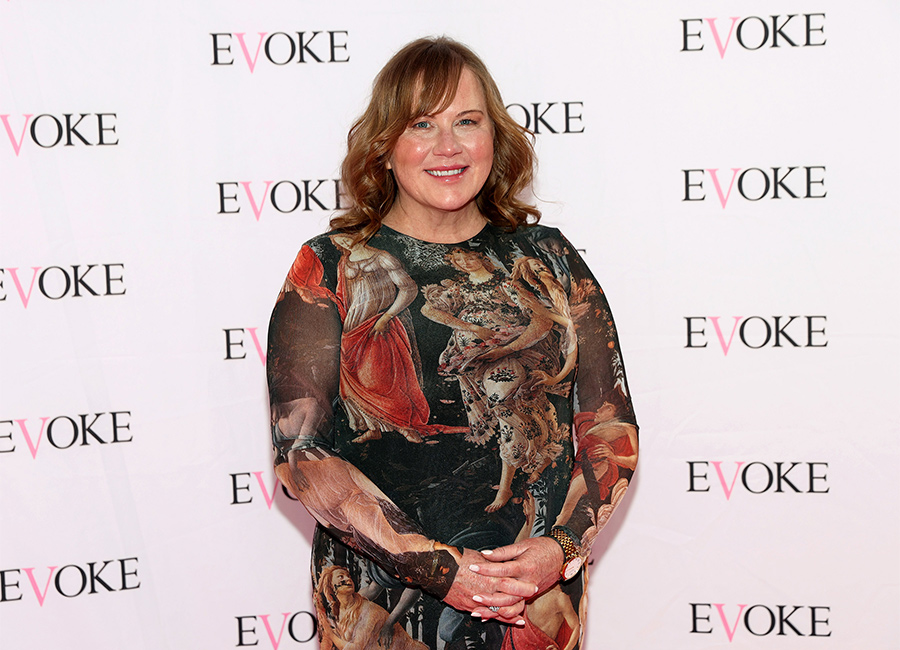
New Political Realities: Redrawing the Map of Influence
Political allegiances and economic identities are realigning.
Traditional alliances between business, political elites, and regulatory bodies are shifting—upended by growing populism, economic nationalism and demands for protectionism. In the 2024 US election, Democrats gained more support from high-income voters, while lower[1]income voters swung toward Donald Trump.
In Europe, far-right parties posted record gains in the 2024 European Parliament elections, riding working-class discontent.
In Brazil and Argentina, political pendulums have led to policy reversals on trade, environment, and labour regulation.
Across ASEAN, shifting trade and security dynamics are reconfiguring relations with both China and the West.
These changes—which reshape party lines along with social trends—come with new advocacy and influence dynamics that directly impact business relations with governments. Promises leaders made during the campaign trail to their constituents—such as fighting culture wars, reversing political correctness, enhancing protectionism, or defending the working class—now guide both discourse and policy actions. These movements are not isolated.
They reflect deeper societal currents: concern over identity, inequality, sovereignty, and economic security.
Global frameworks such as the UN Sustainable Development Goals, once broadly accepted, are increasingly framed as detached or technocratic.
Even in China, where central control remains firm, the domestic agenda has turned sharply toward national resilience and internal demand, creating new engagement rules for international firms.
New leaders understand how to leverage the direct connection between major international agendas and their concrete effects on daily life, which contribute to the perception of fragmentation and ultimate erosion of the societal fabric.
Businesses must understand that legacy access is no longer enough. Influence must be earned in new arenas, with new actors. Particularly during a time when the allies of yesterday may no longer be the gatekeepers of tomorrow.
Policy Volatility: Strategic Discipline in a Rapid-Fire World
The rules are shifting faster than ever. Tariffs, subsidies, ESG mandates, AI regulation—policy environments are becoming more reactive, politicised, and uncertain. The economic cost of this volatility is measurable.
Allianz Research estimates that a 10%-20% fall in consumer confidence could erase up to €190bn in US spending and €90bn in the Eurozone over four years.
The impact is real, but the ecosystem presents complex elements decision-makers must address.
The acceleration of news, the constant noise on social media, and the tendency to take a position in real time have created a saturated environment where everything seems urgent and ideological, but little seems certain or reliable.
Some companies feel the urgency to express themselves and engage in the face of every crisis, policy shift, or trend, and can inadvertently become participants in the very feedback loop they are trying to navigate.
Conversely, other organisations suffer from the opposite: the fear of being the target of criticism or of political exposure leads them to opt for silence, even when they have the legitimacy, technical knowledge, or credibility to intervene clearly and contribute to the policy debate.
In this noisy context, there is growing pressure on companies to “take a stand” or intervene in real time.
Yet haste is not strategy—disciplined engagement is the new leadership edge. Recent studies from the Harvard Business Review indicate that responding quickly can be a strength, but only when there is authenticity.
Furthermore, the research showed that quick responses and positioning helped companies appear more genuine on low stakes topics, but when it came to highly polarising issues, being vocal did not always deliver the same advantage.
With high stakes at the table, corporate leadership needs to pivot towards a more organised engagement architecture.
The answer is not to speak more or less—but to speak smarter. Structured decision-making frameworks that assess strategic alignment, policy longevity, and audience expectations are essential. Issues should be filtered for substance, not noise.
This checkpoint can help discern if leaders face a trend that will shape public policy in the medium-long run or if it is a partisan dispute that may disappear after the next election or news cycle.
By placing the substance at the core of the decision making, corporations can avoid overreactions while not underestimating profound changes that warrant involvement. In times of polarisation, not everything deserves an immediate response, but everything deserves an assessment and calibrated position.
Mastering this interplay will unlock the tangible benefits in the long run.
Trust: The Strategic Asset in a Distrustful World
Globally, trust is in decline.
The OECD reports that less than half of citizens across 30 countries express confidence in their governments.
The study also shows that nearly four in ten respondents doubt that the government relies on the best available evidence when making decisions, and a similar share considers that policymakers do a poor job of explaining how policy changes will impact them directly.
In many major economies—including the US, Brazil, South Africa, and the UK—confidence in institutions such as media, courts, and parliaments is at generational lows.
Business fares somewhat better.
GlobeScan data finds that corporations rank ahead of governments and media in public trust, but trail behind science, NGOs, and citizens themselves.
National companies hold a modest trust surplus (+22), with global firms lower still (+12).
In short: the bar is higher than ever, and the room for error is narrower.
But within this turbulence lies opportunity.
Brands that succeed in bridging the “connection deficit” can achieve up to 37% more revenue and nearly double the share price growth compared to their peers, according to global research by the Conran Design Group.
The missing piece of many puzzles is genuine connection, and corporations must find a true and authentic voice that serves as reliable guidance for global leaders and their constituents.
It is not enough to avoid mistakes and pitfalls; it is about filling the deficit of connecting the global strategy and narrative to the local and tangible concerns and realities of consumers and decision makers.
Building trust is a long-term offensive move.
It implies showing consistency between what is said and what is done, creating spaces of transparency where stakeholders—consumers, workers, shareholders, or regulators—can understand business decisions and allows leadership to take positions not under reactive pressure, but out of conviction and vision.
It also means staying true to corporate values and translating them into actions that are visible and relevant in the face of current social challenges.
Trust is no longer intangible—it is a measurable, strategic advantage that protects companies in times of crisis and positions them to grow when the environment stabilises.
It is about building relational capital with the same discipline that builds economic value.
Conclusion: Resilience Requires Recalibration
Resilience today is not about simply withstanding disruption—it is about anticipating change and adapting faster than the forces reshaping the environment.
In a world fractured by cultural divides, political realignments, and volatile policymaking, leadership is no longer measured by position alone, but by perspective, agility, and purpose.
The most forward-thinking businesses are not chasing consensus; they are investing in clarity.
They know when to engage and when to step back.
They act on principle, but with strategic timing.
They build trust not with slogans, but with sustained action that aligns business strategy with public expectations.
As global fault lines shift, leaders must be ready to chart new maps of influence, redefine risk, and rebuild credibility where trust has eroded.
Those who do will not only protect their licence to operate—they will shape the next era of global business.
Get In Touch
Email: Ibecglobal@ibec.ie
LinkedIn: https://www.linkedin.com/showcase/ibecglobal
X: @Ibec Global
Bluesky: @ibecglobal.bsky.social


